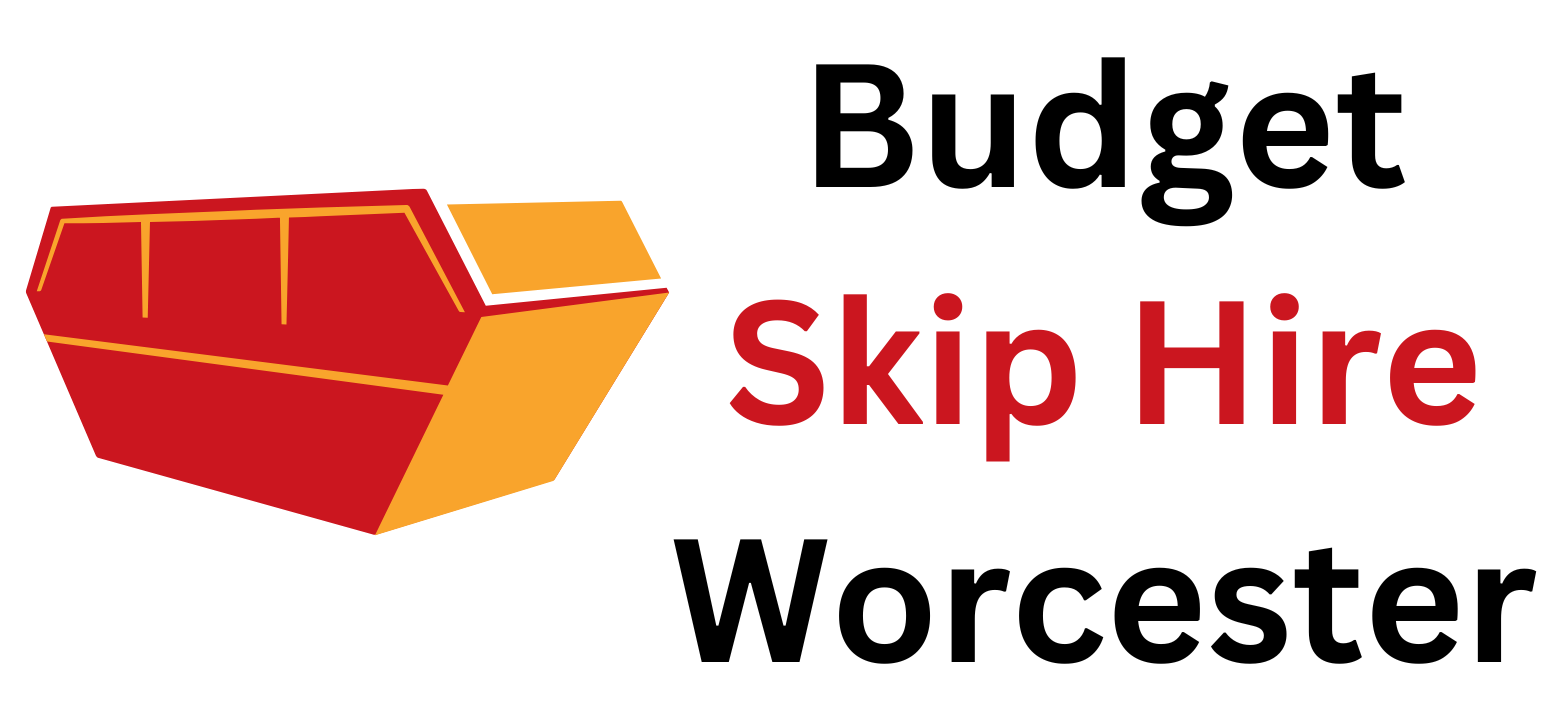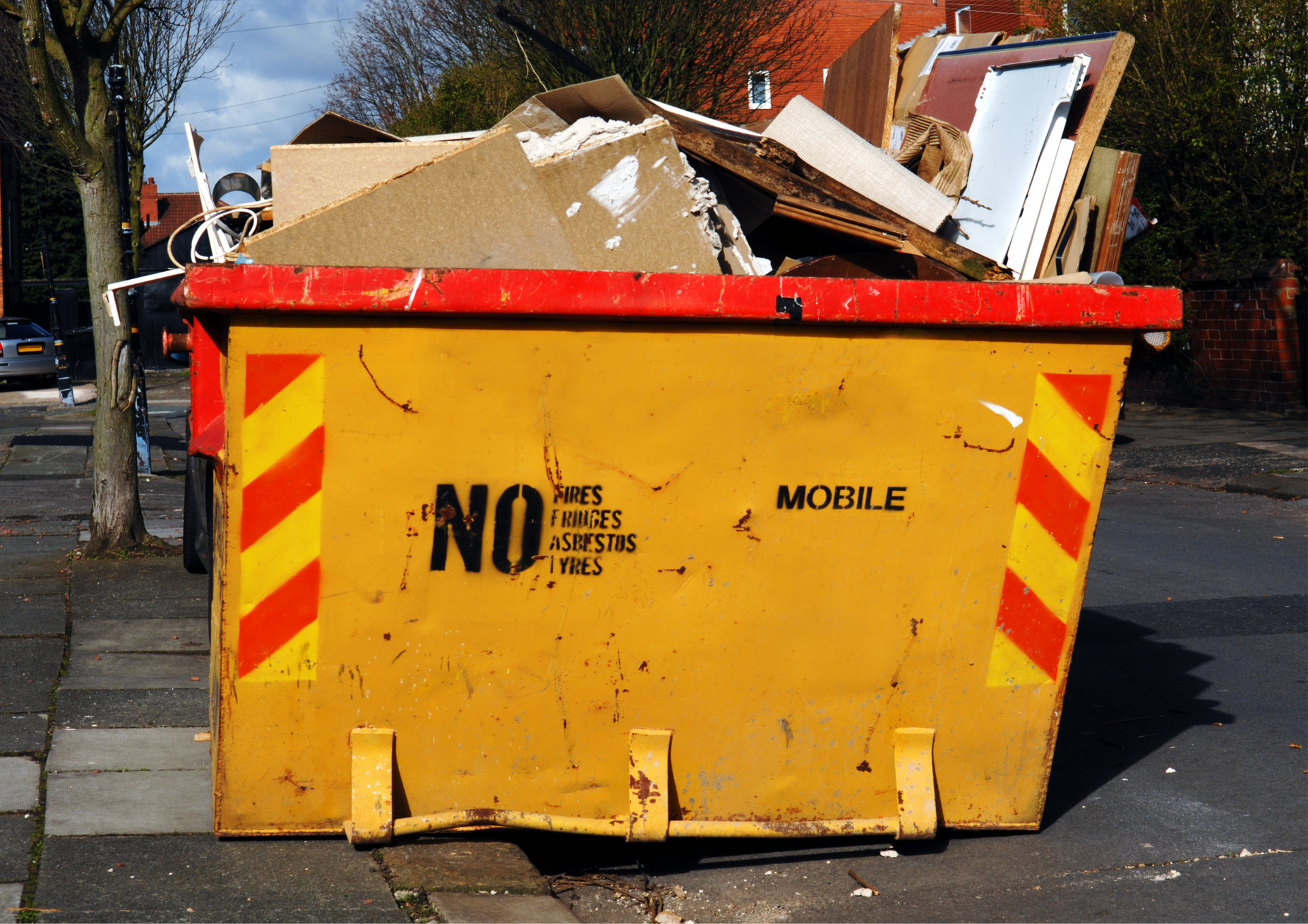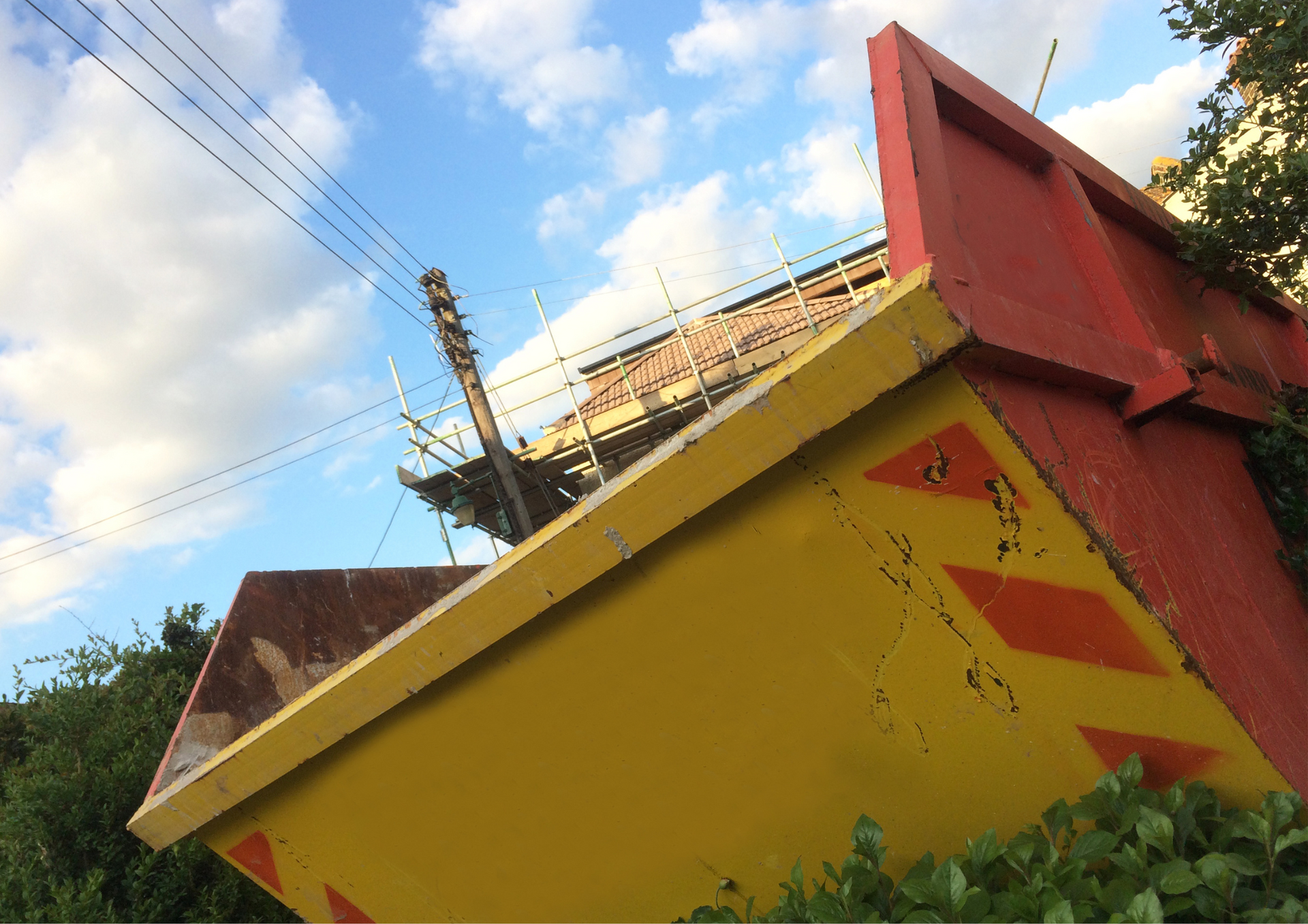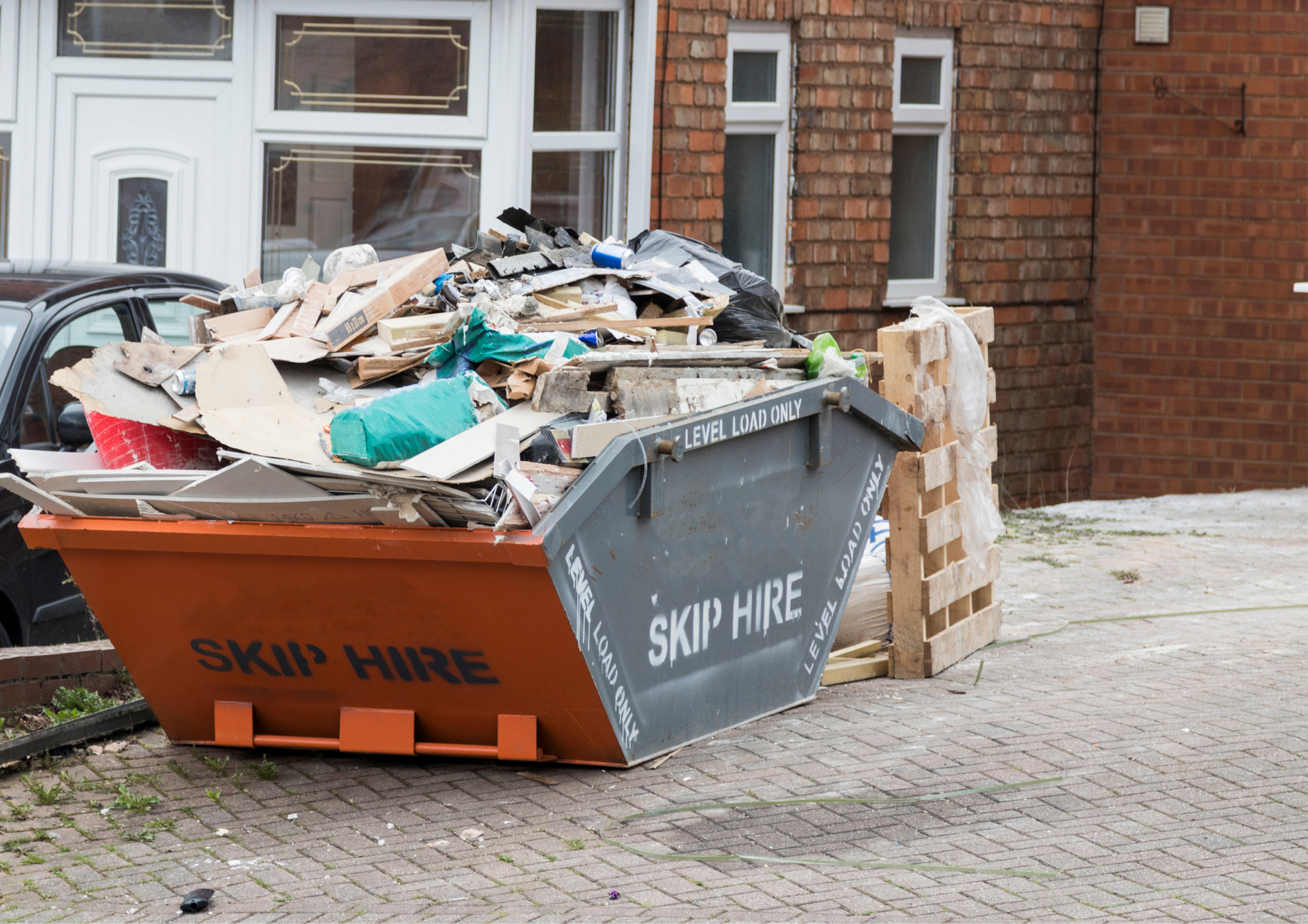What You Can’t Put in a Skip: Items to Avoid When Hiring One
Hiring a local skip hire is a convenient and cost-effective way to manage waste during home renovations, construction projects, office clear-outs, and events. However, not everything can legally or safely be disposed of in a skip. Knowing what cannot be put in a skip helps you avoid extra charges, delays, and environmental harm.
Below, we break down the common items that are not permitted in skips.
1. Hazardous Materials
Hazardous waste is strictly prohibited from standard skips due to health and safety laws. This includes substances such as asbestos, paint, solvents, petrol, diesel, and gas canisters. These materials pose a significant risk to people and the environment if not handled properly. Disposing of asbestos, for example, must be done by a licensed contractor due to its association with serious respiratory illnesses. Gas canisters can explode under pressure, and paint or chemical containers can leak harmful substances into the soil or water supply. If your project involves any potentially dangerous materials, speak to a licensed hazardous waste disposal provider to ensure safe and legal handling.
2. Electrical Items and Appliances
Fridges, freezers, TVs, computers, and other electrical or electronic items are not allowed in skips under the WEEE (Waste Electrical and Electronic Equipment) regulations. These items often contain hazardous components such as lead, mercury, or refrigerant gases that need specialist disposal. If you're disposing of electronic waste during a renovation or business relocation, contact your local recycling centre or electrical retailer. Many offer collection schemes or designated drop-off points to deal with these responsibly. You might also want to compare skip hire prices in your area to ensure you're budgeting correctly when separating WEEE items from standard waste.
3. Tyres, Plasterboard and Medical Waste
Used tyres and plasterboard are often restricted from general waste skips because they require separate recycling processes. Tyres can release harmful chemicals if incinerated incorrectly, and plasterboard can produce toxic gas when combined with biodegradable waste in landfill. Similarly, medical waste — including needles, syringes, or items with bodily fluids — must be handled through clinical waste services. These cannot be mixed with domestic or construction waste due to the risk of infection or contamination. If you're looking for skips for hire near me for a domestic or medical-related cleanout, be sure to ask providers about restrictions before booking.
4. Liquids and Food Waste
Liquids of any kind — including paint, oil, fuel, and even leftover drinks — are banned from skips. These substances can leak and cause contamination or hazardous reactions, particularly when mixed with other materials. Food waste is also typically prohibited in skips, especially in larger quantities, as it attracts pests and creates hygiene issues. For food disposal, consider your local council's food recycling services or composting solutions. For liquids, take them to a household waste recycling centre that accepts hazardous materials. Those seeking cheap skip hire might be tempted to overlook the rules, but doing so can result in fines or extra charges from the hire company.
What About Specific Skip Sizes?
Choosing the right skip isn’t just about how much waste you have — it also depends on what kind of materials you’re disposing of. Different skip sizes are suited to different jobs, and knowing what each can handle helps avoid costly mistakes or overfilling penalties.
- 4-yard skip- Perfect for small renovation jobs, garden clean-ups, or minor household clear-outs. Ideal for light waste such as soil, branches, old furniture, or general rubbish. Avoid overloading with heavy materials like bricks or concrete
- 6-yard skip - popular choice for medium-scale renovations or flat refurbishments. Great for general building waste, old flooring, broken fittings, and furniture. Not suitable for hazardous or restricted waste, such as asbestos or electrical items
- 8-yard skip - Commonly used on construction and commercial sites. Suitable for bulky waste like wood, metal, and mixed debris. Be mindful of weight limits and don’t mix in items that require specialist disposal.
Regardless of the size you choose, always follow the provider’s guidelines on what can and can't go in the skip. Proper waste segregation ensures safe, legal, and efficient disposal — and helps avoid fines or refused collections. Understanding what you cannot put in a skip is just as important as knowing what you can. Following these guidelines helps protect the environment, avoids penalties, and ensures your local skip hire goes smoothly.
At Budget Skip Hire Worcester, we provide reliable and compliant waste solutions for households, builders, event organisers, and businesses. Whether you're managing a full renovation or just having a clear-out, our team offers expert advice on what can and cannot be disposed of in your skip. Our transparent pricing structure, flexible scheduling, and friendly service make us a trusted choice in hiring your local skip hire.
We take care to guide our customers through all legal and environmental requirements, so you never need to worry about what’s going into your skip. With us, your waste is handled safely, responsibly, and with full peace of mind.
Update on X: Hiring a
local skip hire? Avoid these banned items!




